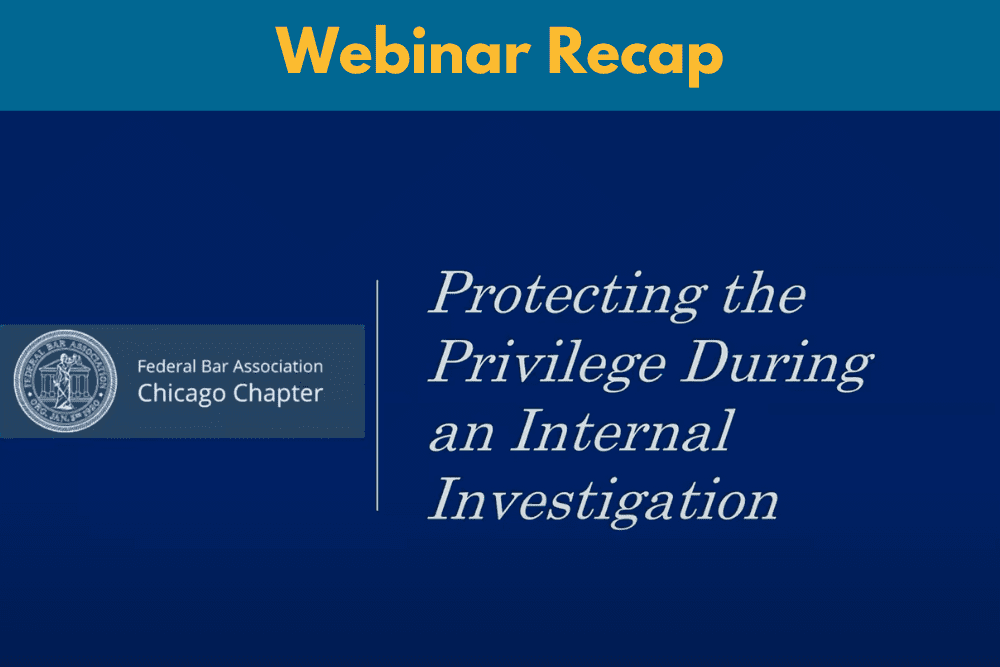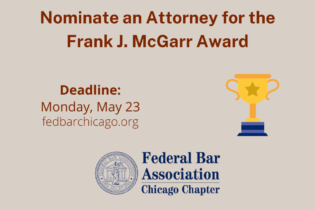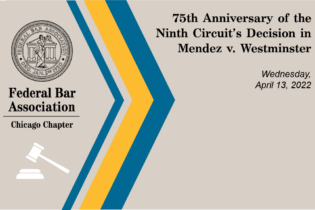
Attorney-Client Privilege During Internal Investigations
On April 17, 2024, a distinguished panel convened for the Continuing Legal Education (CLE) accredited discussion titled “Protecting the Privilege During an Internal Investigation,” focused on maintaining attorney-client privilege. This pivotal event targeted legal professionals, compliance officers, and corporate leaders.
Experienced panelists included Abbie Peluso and Jack Theis, Partners at Riley Safer Holmes & Cancila LLP, and Tyler Murray, Of Counsel at Quinn Emanuel Urquhart & Sullivan, LLP, with moderation provided by Tony Garcia, Sr. Counsel at The Boeing Company.
Purpose and Significance of the Discussion
The purpose of the panel was to delve into effective strategies for maintaining attorney-client privilege during internal investigations. The discussion specifically addressed the challenges posed by internal complaints, regulatory actions by government bodies, and allegations managed by the Department of Justice.
Moderator Tony Garcia introduced the session, highlighting its focus on the critical role of attorney-client privilege in safeguarding the confidentiality of communications during complex legal inquiries. This setup promised a comprehensive exploration of both theoretical and practical dimensions of legal protections in corporate investigative contexts.
Understanding Attorney-Client Privilege in Internal Investigations
Abbie Peluso initiated the discussion with a detailed examination of the attorney-client privilege. Peluso defined attorney-client privilege as a legal construct designed to protect confidential communications between attorneys and their clients, specifically when seeking or providing legal advice.
The discourse emphasized that for communication to be privileged, it must be expressly for the solicitation or delivery of legal counsel, it must involve a lawyer and the client directly, and it must be confidential. Peluso also delineated how the scope of who constitutes a “client” can vary, impacting the application of privilege, especially under different jurisdictional laws.
Best Practices for Maintaining Attorney-Client Privilege
Tyler Murray explored the practical applications of establishing and maintaining privilege from the beginning of an internal investigation. He stressed the importance of a formal declaration that the purpose of the investigation is to seek legal advice, suggesting that such a declaration should be documented explicitly.
Murray provided guidance on structuring investigations under the oversight of legal counsel to ensure that all investigative actions are covered under the umbrella of privilege. This involves clear communication that non-legal personnel involved in the investigation are operating under the direction of legal counsel and their contributions are part of the legal advice process.
Navigating Jurisdictional Challenges in Maintaining Attorney-Client Privilege
The discussion highlighted significant differences in the application of privilege across jurisdictions. Abbie Peluso pointed out the discrepancies between federal and state laws, with specific reference to the “control group test” used in Illinois.
This test restrictively applies privilege only to communications involving senior management who have a substantial control over decision-making. The panel discussed how these variations necessitate that legal practitioners be acutely aware of the jurisdictional specifics when conducting internal investigations to ensure compliance and preservation of privilege.
Real-World Applications of Maintaining Attorney-Client Privilege
The panelists explored real-world scenarios to illustrate the application of privilege in complex situations such as whistleblower allegations and external regulatory inquiries. They discussed the challenges faced in these scenarios, such as determining the scope of privilege when the investigation involves multiple parties and potentially crosses into multiple legal jurisdictions.
Practical advice was given on maintaining a clear chain of communication that is documented as being for the purpose of legal advice. Additionally, all participants in the investigation should understand their roles within the privileged process.
The Dual Role of In-House Counsel in Maintaining Attorney-Client Privilege
The unique position of in-house counsel was examined, particularly their role in providing both business and legal advice. The panelists discussed the inherent challenges in distinguishing between legal advice, which is privileged, and business advice, which is not.
They emphasized the importance for in-house counsel to explicitly clarify the nature of their advice in communications, and to establish systems that segregate legal advice from business discussions to protect sensitive communications under the mantle of privilege.
Conclusion and Key Takeaways
The panel discussion offered an in-depth analysis of maintaining attorney-client privilege during internal investigations. Participants gained vital insights and practical strategies to manage privileged communications effectively, underlining the necessity for strict compliance with legal and ethical standards.
This event proved crucial for legal professionals who play a key role in protecting sensitive information and navigating legal risks within corporate settings. The insights shared are instrumental in enhancing the practices of those committed to upholding the integrity of confidential legal communications in their professional roles.
For further insights, please watch the full webinar on YouTube. To continue the conversation, feel free to connect with Abbie Peluso, Tyler Murray, and Jack Theis on LinkedIn.
Do you want to stay involved with the Federal Bar Association Chicago Chapter? Explore our upcoming events and educational opportunities for attorneys!




